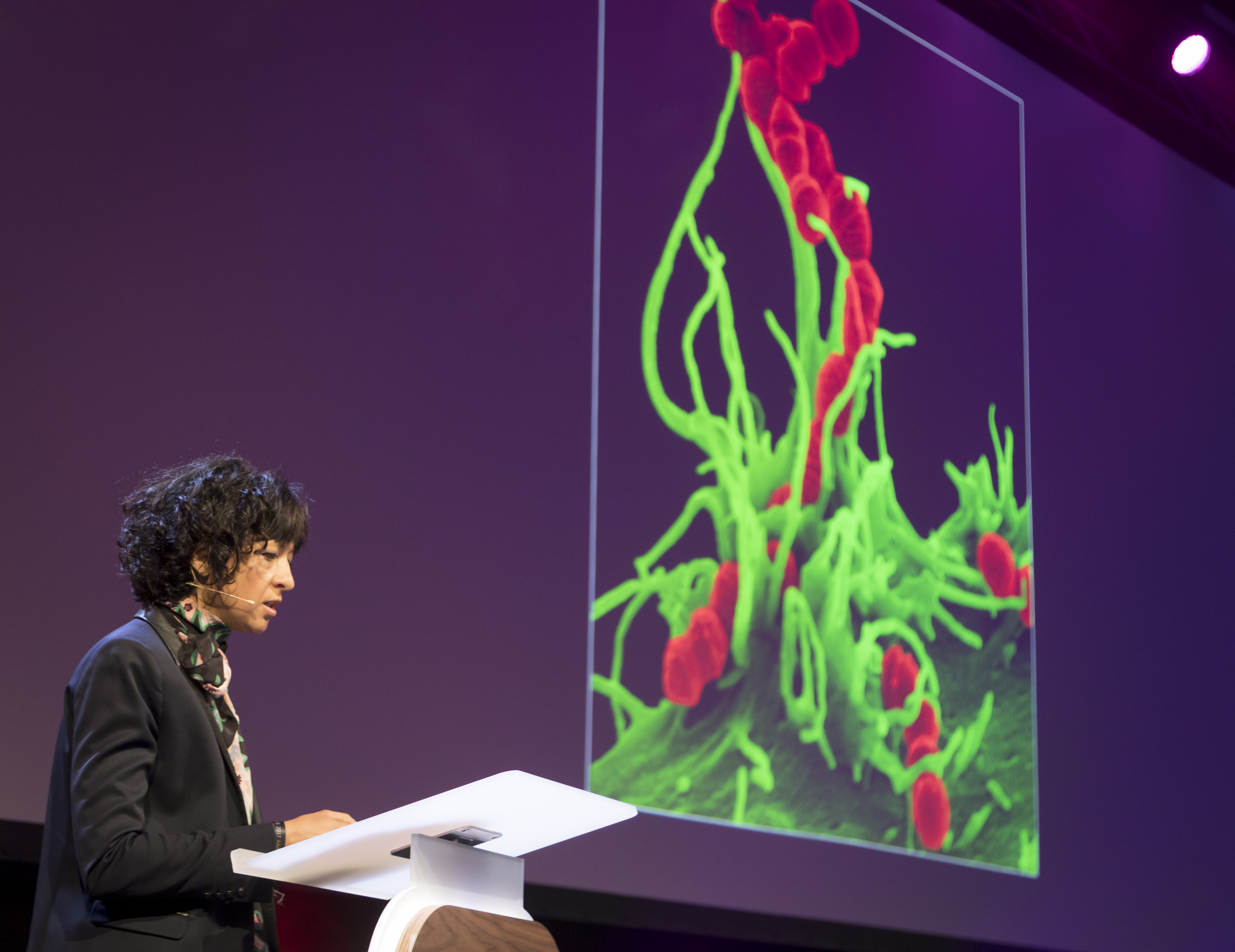Aggregated News

Continuing the patent dispute internationally, China has now given the Charpentier/Doudna side a patent to edit genes in the country.
CRISPR pioneers Emmanuelle Charpentier and Jennifer Doudna lost a patent case to the Broad Insititute earlier this year when the court determined the Broad Insititute had an application markedly different than Charpentier’s and Doudna’s overall patent. UC Berkeley and Charpentier’s team are fighting that decision in the U.S.
Undaunted, Doudna told TechCrunch at the time that outcome was a positive. “I’m actually delighted to know the claims of our original patent have been allowed by the patent examiner and can now move forward towards issuance,” she said. “The Broad Institute’s patent is for green tennis balls but the patent we will have is for all tennis balls.”
What remains unclear is how U.S. companies wishing to license the patented technology will need to deal with both the broader sweeping Charpentier and Broad patent, as well as the patent granted to the Broad Institute.
That’s a different story across the pond in Europe and the United Kingdom, which both granted patents to...



